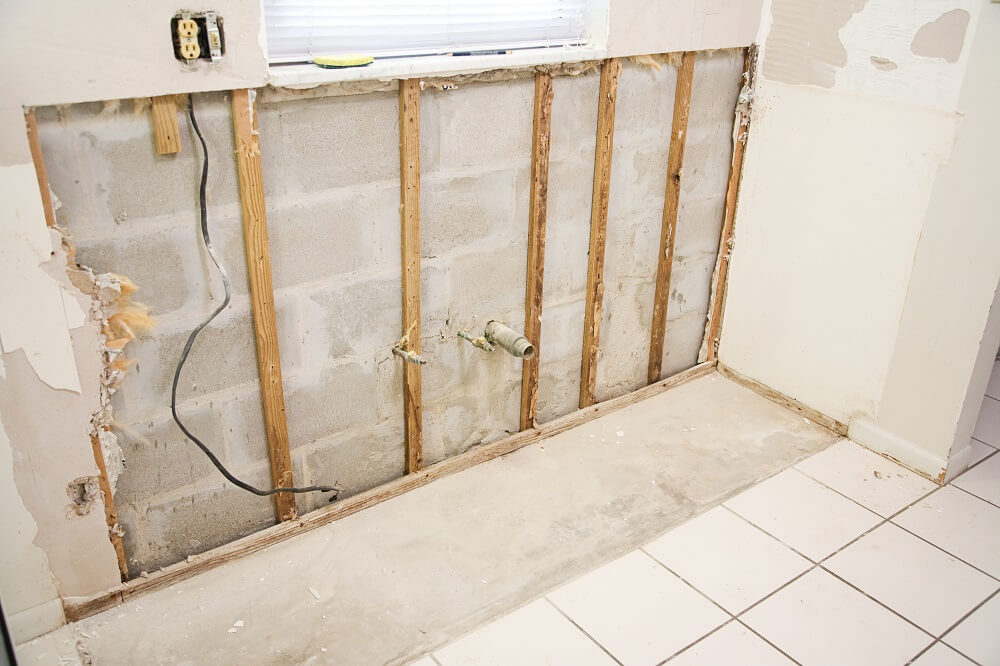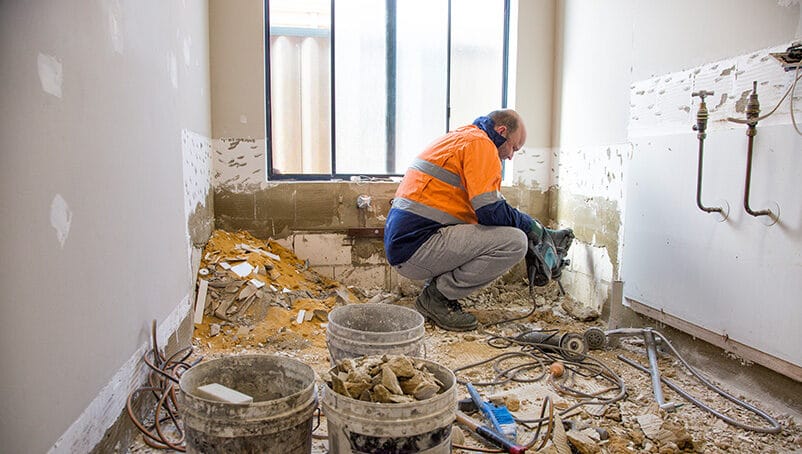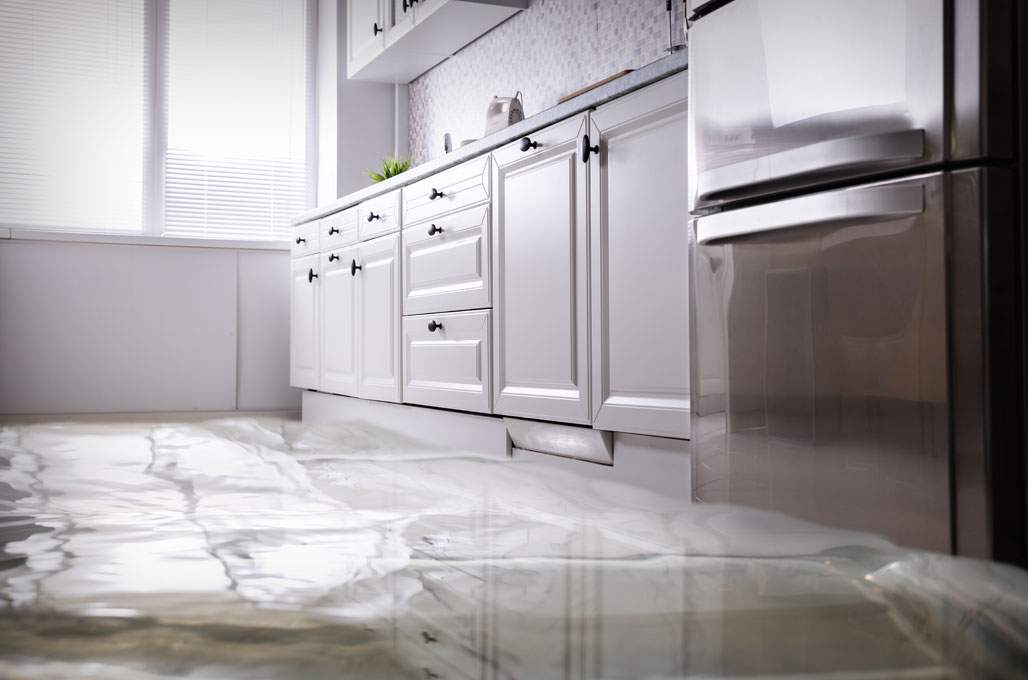The Process of Water Damage Cleaning: Ensuring Your Home Is Recovered Successfully
Water damage can be a daunting challenge for homeowners, demanding a precise and structured cleanup procedure to bring back safety and security and functionality. damage restoration services. Following this, efficient water removal techniques play an essential role in alleviating more injury.
Assessing the Damages
Upon discovering water damages, the initial step is to completely analyze the degree of the influence. This first analysis is important, as it assists identify the needed steps for effective clean-up and repair. Begin by inspecting the affected locations, including walls, ceilings, floors, and individual items, to recognize the source of the water breach, whether from flooding, leaks, or condensation.
Recording the damages is vital for both insurance coverage cases and preparing reconstruction initiatives - damage restoration services. Use pictures and composed notes to record the severity of the damages, noting any afflicted structural elements and products. Pay special attention to locations that may not be instantly visible, such as behind walls and under rugs, as hidden moisture can result in further complications, consisting of mold and mildew growth
In addition, analyze the timeline of the water exposure. The longer the products stay damp, the better the capacity for damages. Comprehending the duration of exposure will certainly inform the urgency of remediation initiatives. Ultimately, a detailed analysis prepares for an effective water damage clean-up process, making certain that all affected areas are attended to successfully and thoroughly.
Water Removal Strategies

Experts usually use completely submersible pumps for bigger quantities of water, which can swiftly minimize flooding in basements or various other impacted locations. For smaller sized amounts, wet/dry vacuum cleaners are frequently used to remove recurring dampness from carpetings and tough surface areas. Furthermore, making use of mobile extractors enables targeted elimination in confined rooms or locations with fragile materials.
In instances of contaminated water, such as sewer or floodwater, advanced removal techniques may include the use of biohazard tools to ensure security and conformity with health and wellness policies. High-powered removal tools are essential in decreasing water retention in structural materials, which can bring about mold development and structural degeneration otherwise addressed without delay.
Inevitably, the effectiveness of water removal techniques plays a crucial role in the total success of the water damages clean-up process, laying the groundwork for subsequent repair initiatives.
Drying and Dehumidification
Once standing water has actually been effectively extracted, the next vital phase in the water damage cleanup process is drying and dehumidification. This step is vital to protect against additional damage and mold development, which can happen within 24 to 2 days in moist atmospheres.
To achieve efficient drying, specialized tools such as industrial-grade air movers and dehumidifiers is employed. Air moving companies flow air throughout damp surface areas, improving dissipation rates, while dehumidifiers minimize humidity levels in the air, advertising a favorable setting for drying. The mix of these tools makes certain that wetness is extracted from floorings, furnishings, and wall surfaces, enabling them to completely dry thoroughly.
It is crucial to keep an eye on the drying out process very closely. Specialists often make use of wetness meters to evaluate the wetness web content in numerous products, making sure that all affected areas reach appropriate dryness degrees. This careful strategy helps to stop covert dampness pockets that could cause architectural damage or undesirable mold and mildew development.

Cleaning and Sterilizing
After the drying and dehumidification stage is total, the next essential action in water damages cleanup is cleaning and sterilizing the affected areas. This procedure is important to stop the development of mold, microorganisms, and other pathogens that thrive in damp settings.
The cleaning stage commonly includes removing any kind of particles, dust, and contaminants from surface areas making use of specialized cleansing agents. For difficult surfaces, a combination of soap and water or industrial cleaning products is commonly employed. Soft products, such this website as furniture and carpetings, might require more comprehensive cleansing methods, including vapor cleaning or deep extraction strategies, to guarantee thorough cleanliness.

Disinfecting follows cleansing, utilizing EPA-approved disinfectants to get rid of harmful microbes. This action is vital, particularly in locations that may have entered contact with floodwaters or sewer, as these sources can posture significant health dangers.
Additionally, it is essential to resolve any kind of continuing to be smells, which might need making use of smell neutralizers or advanced strategies like ozone therapy. Appropriate cleansing and disinfecting not just bring back the safety and health of your home but also lay the groundwork for effective repair and repairs in succeeding phases of the water damage cleaning procedure.
Reconstruction and Repairs

As soon as the analysis is complete, reconstruction initiatives can begin. In addition, floor covering may need similar interest, depending on the degree of water direct exposure.
It is critical to emergency restoration involve experienced restoration experts throughout this procedure, as they have the know-how to take care of complex repairs efficiently. Additionally, they can assist mitigate prospective future concerns, such as mold and mildew growth or architectural instability, hence ensuring a habitable and secure living atmosphere. Eventually, effective remediation and repairs bring back the home's integrity and boost its overall worth.
Final Thought
In final thought, the process of water damages cleanup is important for bring back a home to its pre-damage condition. Each stage, from examining the damage to executing reliable water removal techniques, complied with have a peek at this site by thorough drying, sanitizing, and required repair services, plays a necessary function in ensuring security and compliance with building standards. Efficient execution of these actions not just reduces instant damage but additionally enhances the long-term integrity and value of the residential property.
Water damage can be an overwhelming difficulty for house owners, requiring a thorough and organized cleaning process to recover safety and performance. Ultimately, a thorough evaluation lays the groundwork for a successful water damage cleanup procedure, guaranteeing that all impacted locations are addressed properly and thoroughly.
Efficient water extraction methods are necessary in reducing damage and protecting against additional issues complying with a water invasion event.In conclusion, the procedure of water damage cleanup is vital for recovering a home to its pre-damage problem. Each stage, from analyzing the damages to executing effective water removal techniques, adhered to by detailed drying out, disinfecting, and needed repairs, plays an important function in making certain safety and security and compliance with structure requirements.
Comments on “Emergency Water Damage Restoration to Restore Your Property Quickly”